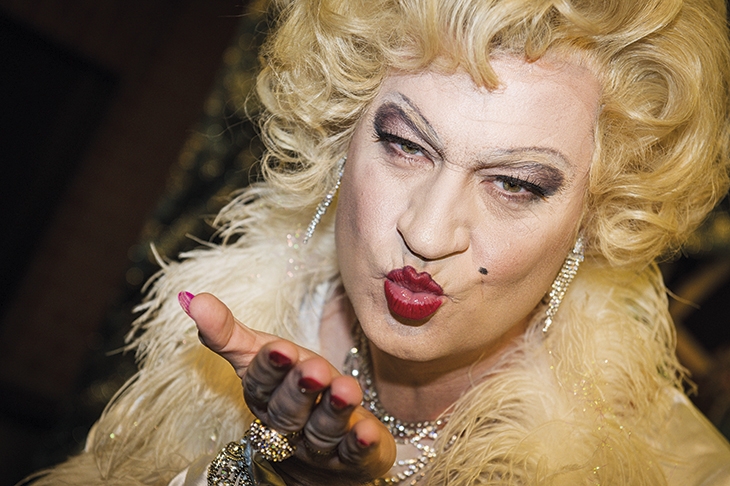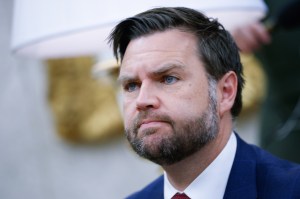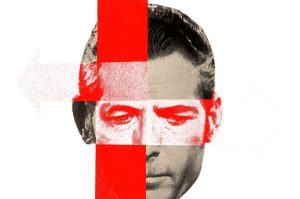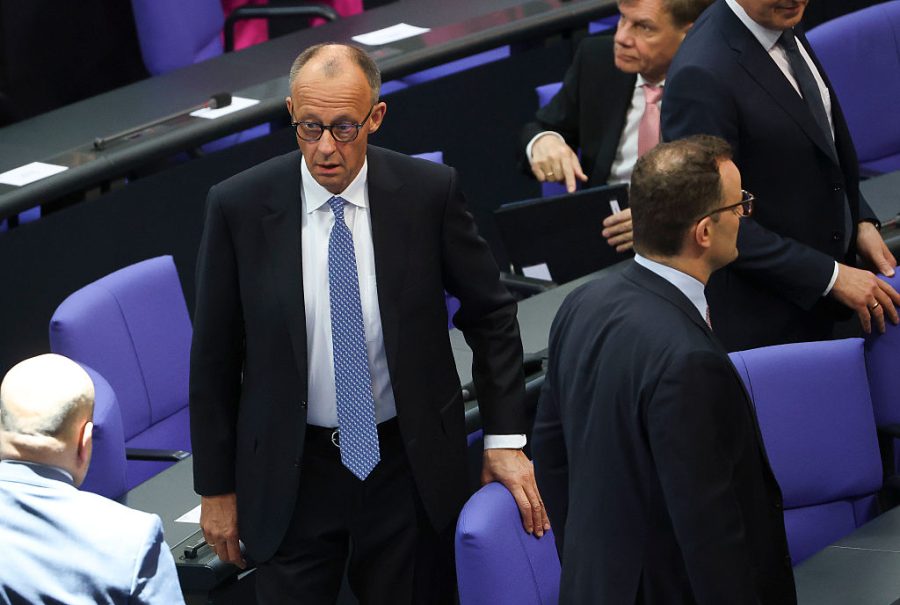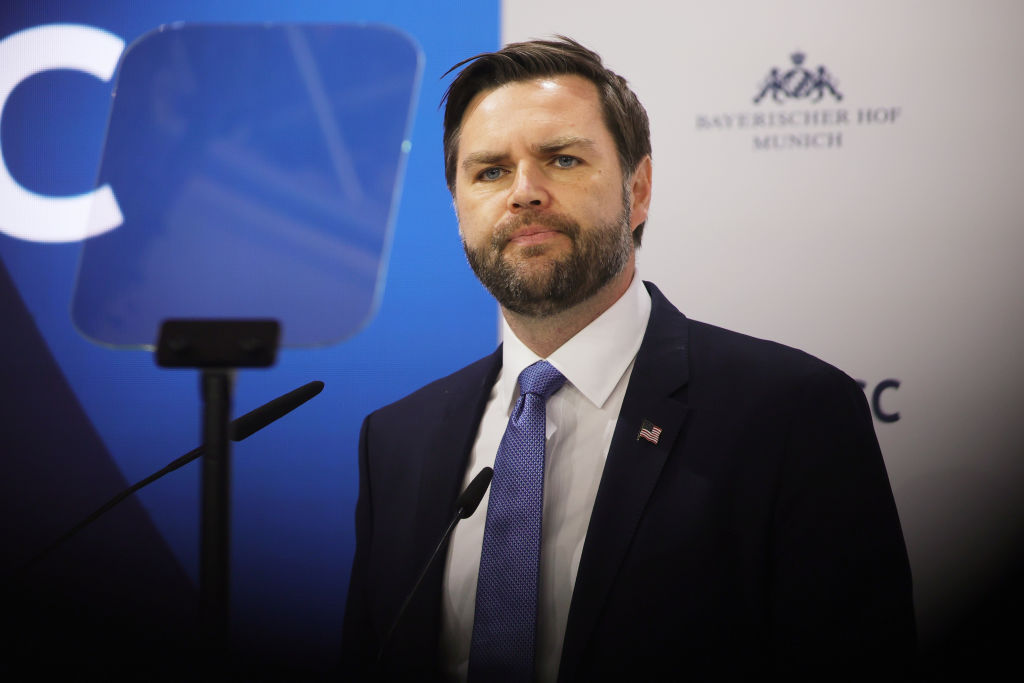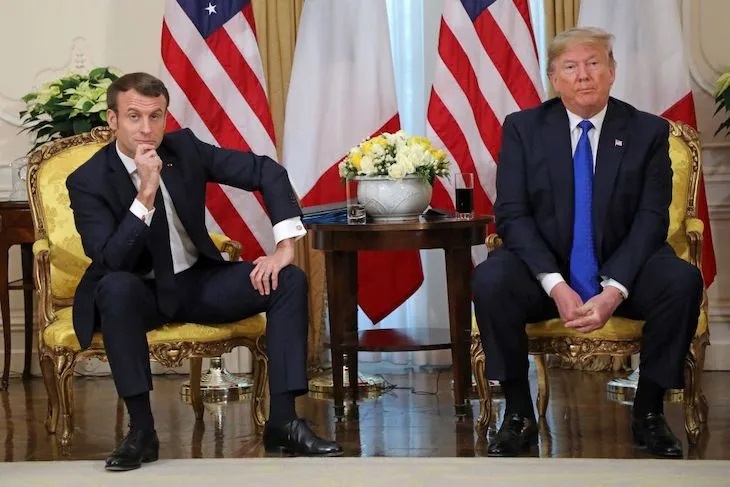Markus Söder is the one to watch in German politics. The ascent of the Bavarian Minister-President and leader of the Bavarian Christian Social Union is probably the closest modern Germany has come to Macron-style disruption. The situation is less dramatic than France in 2017 — there is no great disaffection with Chancellor Angela Merkel or with politics in general — but there is a sense that the country needs a shift in direction.
Bavaria symbolizes that new direction. When I grew up in Germany’s deep west in the 1960s and 1970s, we went to Bavaria on holiday and admired its quaint backwardness. We did not take it very seriously until the Munich Olympics in 1972. Since then, this vast rural state has turned itself into the center of Germany’s hi-tech industries, located mostly around state capital Munich.
Mr Söder is not particularly known as a tech guru himself, but he is distinctly modern in his approach to politics. His main competitor to succeed Mrs Merkel will be the next chairman of the Christian Democratic Union. There are three candidates for that post, but the reason Mr Söder is even considered for Mrs Merkel’s job is that none of the three is a compelling and obvious choice.
Each one of them stands for a different version of the past. Armin Laschet, Minister-President of North-Rhine Westphalia, is a coal guy who recently managed to commission a new coal-fired power station. Friedrich Merz, leader of the CDU in the Bundestag 20 years ago, is modeling himself on Ludwig Erhard, Germany’s post-war economics minister. Norbert Röttgen, head of the Bundestag’s foreign affairs committee, is an old-fashioned transatlanticist. An Anglophile, he is one of the few German politicians with a good knowledge of British politics, but better known inside London think tanks than on German streets.
Mr Söder owes his ascent to his sure-footed handling of the pandemic. Bavaria was hit harder than other German states because of its proximity to Austrian ski resorts, where the virus spread among German tourists. Like Mrs Merkel, the Bavarian Minister-President was an unwavering supporter of an early lockdown and strict controls.
With the lockdown, his approval ratings soared. His reputation hit a snag when his state government failed to notify 900 tourists who had tested positive for COVID-19 after they returned, but he acknowledged the mistake, and apologized.
Early indications from the polls suggest his popularity is holding up. Some 38 percent of Germans say they could see him as a chancellor. Olaf Scholz, the official candidate of the center-left Social Democrats and finance minister, gets 29 percent. The three CDU candidates are trailing far behind.
Mr Söder has been Bavarian Minister-President for less than two years. CSU leaders have only been nominated for the top job twice: Franz Josef Strauss in 1980 and Edmund Stoiber in 2002. Both failed. Mr Stoiber entered the campaign with a huge lead over Gerhard Schröder, who was chancellor at the time. I interviewed Mr Stoiber during the summer of that year and thought he was one of the most wooden political figures I had ever encountered. When a flood hit eastern Germany, Mr Schröder immediately put on his wellington boots and organized disaster relief on the ground. Mr Stoiber continued on the campaign trail, and looked out of place when he finally descended in Germany’s far eastern provinces, dressed in a sharp suit. He never recovered.
The current Bavarian Minister-President is the very opposite to Mr Stoiber. Before he became Minister-President, Mr Söder was often photographed in fancy dress during carnival season, disguised as Marilyn Monroe, or Shrek or Gandalf. If nominated, he is almost certain to win the elections. During the epidemic the CDU/CSU’s poll ratings went up by some 10 percentage points to a current average of 36 percent. All other parties poll below 20 percent.
[special_offer]
The two key events to watch out for will take place in December and January. In December, the CDU elects its new chairman. A month later, both sister parties will jointly nominate the chancellor candidate, a race between whoever emerges as the new CDU chairman and Mr Söder. Mr Laschet is the frontrunner for the CDU job. When Mrs Merkel visited his state last month, he made a point of staging the photo opportunity in front of a coal mine. When she visited Bavaria in July, she was received with pomp and circumstance in the Royal Palace at Herrenchiemsee, one of the more ornate abodes of King Ludwig II of Bavaria.
But the choice is not only about style. If CDU/CSU delegates hand the job of chancellor to the 53-year-old Bavarian, they might be stuck with him for a long time. Helmut Kohl held the post for 16 years. Mrs Merkel has clocked up 15 years so far. If they go for the less popular Mr Laschet, they face a different but more imminent risk: a disappointing election result that might reduce coalition options or, worse, give a narrow majority to a coalition of the three parties of the left — with the popular Mr Scholz as chancellor.
Germany has had only eight chancellors since World War Two. Change at the top often came with a strategic shift in direction. Next year’s election will be one of those moments. It will be about whether Germany remains stuck with the familiar, or tries something new.
This article was originally published in The Spectator’s UK magazine. Subscribe to the US edition here.



